The body gets ready—but the mind often lags behind
You follow every instruction. Fast from midnight. Remove nail polish. Pack the forms. Make sure someone can drive you home. On the outside, you’re prepared. But inside, thoughts scatter. One moment you’re focused, the next unsure.
You try to keep calm. But the silence before surgery feels loud. You check your bag again. Then again. You replay everything your doctor said. But it doesn’t settle your nerves completely.
That’s not failure. That’s your nervous system doing its job—trying to keep you safe in the unknown.
Questions don’t make you ungrateful—they make you human
You may trust your doctor fully and still feel the need to ask, What if something goes wrong? You might understand the procedure perfectly and still wonder, Will I feel pain the moment I wake?
These questions don’t mean you’re unprepared. They mean you’re alive to the moment. Honest with yourself.
And when you ask—something softens. Not because the fear vanishes, but because it no longer hides.
Visualization helps—even if you’ve never tried it
Try closing your eyes the night before. Picture the entrance to the hospital. The waiting area. The moment your name is called. Picture lying on the table. Lights above. Breathing in. Then nothing.
Then waking up. Covered. Safe. Someone you trust nearby.
This rehearsal doesn’t change the surgery—it changes your body’s readiness to meet it.
Sleep might be light—but even that helps
The night before isn’t about perfect rest. You might dream strangely. Wake often. Lie there listening to the quiet. And that’s okay.
You don’t need eight perfect hours. You need gentleness. Dim lights. Fewer screens. Maybe soft music. A pillow that smells like home.
Even resting your body helps it enter surgery less stressed.
Let someone wait with you—not just for you
If you’re allowed, bring someone who knows your rhythms. Someone who won’t fill the silence with panic. Someone who holds space without asking you to smile.
This presence isn’t just for after—it’s for the before. For the waiting room. For the moment you wonder if it’s too late to back out.
Someone who will say, You’re okay. Just breathe. And mean it.
Accept that control ends—and that’s part of the plan
You lie down. The anesthesiologist speaks. A mask appears. You feel your chest rise and fall. And then—blankness.
This moment is hard. It feels like giving up power. But really, it’s the handoff. From your control to your care team’s expertise. From effort to trust.
And when you wake, you’ve already passed the hardest part.
Emotions after surgery may surprise you
You might cry without knowing why. Or feel oddly peaceful. Or just silent. Recovery doesn’t only happen in stitches and wounds. It happens in your nervous system.
Your body has been through something. Even if you don’t remember all of it.
Let the tears come. Let the silence sit. Let your system settle in its own way.
Keep your expectations soft and slow
Healing isn’t about timelines. You might feel great in the morning and exhausted by afternoon. Your appetite might vanish. Or return with strange cravings.
This doesn’t mean you’re behind. It means your body is reshuffling its energy. Rebuilding.
You’re not on a clock. You’re on a curve. And it bends in all directions before it straightens out.
Fear doesn’t mean you’re doing it wrong
Even when everything is going well, fear may still echo. What if this doesn’t work? What if recovery is harder than expected? These thoughts are common. Normal.
What matters is that you don’t follow every fearful thought. You let it pass. You ground yourself again. You take another breath.
You don’t have to be fearless to be brave. You just have to keep showing up anyway.
Every breath is part of recovery—not just the medication
Breathing. Resting. Asking for help. These are not small acts. They’re what carry you back to balance. Recovery isn’t made only of milestones. It’s made of tiny kindnesses.
So when you sit up slowly, drink water, sleep deeply—that counts.
And it counts more than you think.
